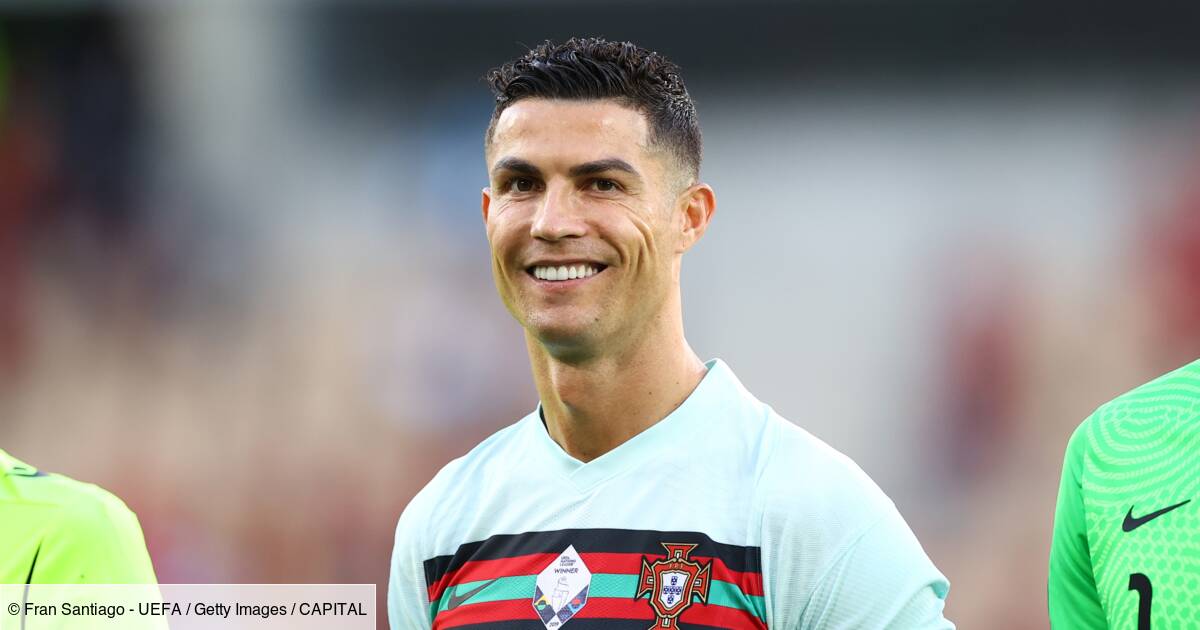Paris (AFP)
The European Football Championship enters its final stretch, but the tournament continues with the serious threat of the covid-19 pandemic and the competition could be, according to several experts, a propagator in Europe for the Delta variant, with matches scheduled especially in London and Saint Petersburg.
“If what you want is to sow Europe with this Delta variant, it could not be done better”, criticizes the epidemiologist Antoine Flahault, who defends a relocation of the scheduled matches at the Krestovski stadium in Saint Petersburg and at the legendary Wembley in London.
“It is a total nonsense to send fans to places of very high risk, when it would not have been complicated to move those matches, which will take place in cities of risky countries, to cities of countries with lower risk,” he explains to AFP.
“Today, Bucharest, Budapest and Copenhagen are not risky places,” says Professor Flahault, director of the Institute for Global Health at the University of Geneva (Switzerland) about other host cities of this European Championship.
#photo1
The epidemiologist has not been listened to. UEFA, contacted by AFP, indicated through a spokesperson that “the Eurocup matches that remain to be played will take place as planned in the initial program.”
The Switzerland-Spain on Friday, which will open the quarterfinals, will therefore have the city of Saint Petersburg as the stage, despite the fact that Russia beat this Thursday, for the third day in a row, its record of covid infections due to the effect of the Delta variant, more contagious.
– Infected fans –
Nor are changes planned for the semifinals (July 6 and 7) and for the final (July 11), which are still scheduled in London, capital of the United Kingdom, another country that is experiencing a rebound in infections to covid-19, also due to fault of the Delta variant.
The World Health Organization (WHO) sounded the alarm this Thursday by asking the host cities of the last Eurocup matches to ensure better monitoring of the movement of spectators, including before their arrival at the stadium and after leaving it.
“We need to see beyond the stadiums themselves,” Catherine Smallwood, a head of the European branch of the WHO, stressed to the press.
Asked about the risk of the Eurocup playing a “super-polluting” role, the director of WHO Europe, Hans Kluge, did not rule it out.
“I hope not, but I cannot exclude it,” he said.
Since the start of the Eurocup, on June 11, several hundred cases have been detected among players, especially among Slovaks who passed through St. Petersburg, and among fans, especially Scots on their return from London, Finns back from San Petersburg or spectators at the Copenhagen stadium.
– “Not a major new wave” –
UEFA admitted to some extent that the Eurocup could have an impact, but dismissed the risk of “a major new wave”.
“It cannot be totally excluded that events and crowds may locally lead to an increase in the number of cases, but that would not only apply to football matches, but to all situations that are now allowed under the restrictions decided by the local competent authorities, “Daniel Koch, UEFA’s medical adviser, told AFP.
“The intensive vaccination campaigns that have taken place across Europe and the border controls will help to prevent a major new wave in Europe,” he added.
Should a fan go to St Petersburg or Wembley to support their favorite team? “My advice would be not to go if you are not vaccinated,” recommends epidemiologist Antoine Flahault.
In addition, it is advisable to avoid crowds in bars, restaurants and transport.
“Vaccinated people take few risks. It is also necessary to know that closed environments, not well ventilated, are those that have the most risks. It is advisable there to wear a mask and avoid those places, or stay in them as little as possible, even when vaccinated, “he says.
Given the current situation, UEFA said on Thursday that it has proceeded to block and cancel tickets recently sold to residents of the United Kingdom for the England-Ukraine duel on Saturday in Rome, in the quarterfinals.
This comes after a request from the Italian authorities to prevent the displacement of fans who would not respect current quarantine rules, since residents or people who have transited through the United Kingdom in the last fourteen days must be kept in isolation for five days. your arrival in Italy, according to current regulations against the pandemic.
© 2021 AFP
–

